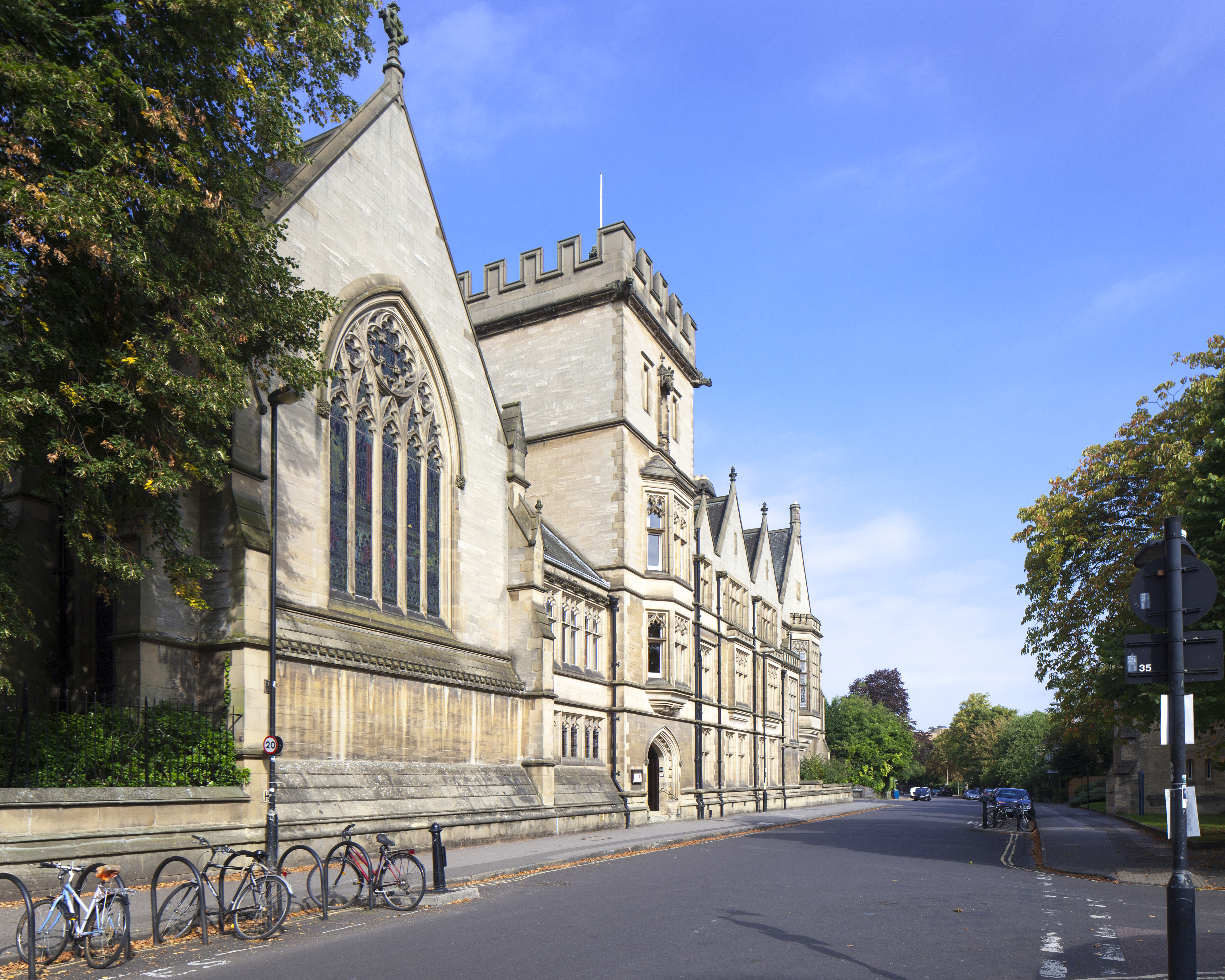‘Flipped’ Conference on Post Compulsory Education
July 16, 2016 | PEW Team Research
By Gavin Moodie
3 group members participated in the 2nd international conference of the Association for Research in Post-compulsory Education held at Harris Manchester College, Oxford.

Harris Manchester College at the University of Oxford, United Kingdom. Photo by Hmclibrary (Own work) [CC BY-SA 4.0 (http://creativecommons.org/licenses/by-sa/4.0)], via Wikimedia Commons
Very interesting papers were presented on college level education in Australia, Canada, England, Malaysia and the USA. Group leader Leesa Wheelahan and I presented on the group’s development of a pathways decision tool and framework for Ontario’s Council on Articulation and Transfer. Team member Christine Arnold presented the group’s mapping of Canada’s transition systems compared to transition systems in other liberal market economies. OISE doctoral candidate Tim Brunet analyzed the challenges for the liberal arts in Ontario.
Joel Petrie presented a most engaging paper titled ‘Here be FE dragons… Mapping post compulsory metaphors’. He noted that in 1935 the President of the UK Board of Education stated:
It has, I believe, been an old complaint among many concerned with the technical side of education that that part of education has been the Cinderella. Well, the Government is determined that even if there was any truth in that in the past, there shall be none in the future.
Petrie pointed out that subsequently 5 UK Conservative and Labour ministers announced that they had ‘buried forever’ vocational education’s Cinderella image: Baker (1989), Johnson (2006), Blunkett (2010), Gove (2013) and Hayes (2014).
It is not clear whether the most recent post-16 skills plan for England will achieve its ambitious goals. This will not be helped by the Minister for Skills resigning 5 days after releasing the plan.
Debra Bragg presented the perspectives on applied baccalaureates offered by USA community colleges of 4 groups: community colleges, universities, employers and students.
Robin Simmons closed the conference with a strong presentation on liberal studies in English vocational education. Simmons argued that whilst liberal or general studies was highly variable in both content and quality, at least and under certain circumstances it provided working-class learners the opportunity to locate their experiences of vocational learning within a critical framework which is largely absent today.
The conference allowed plenty of time for discussion, both in formal sessions and informally amongst a small group of experts in the beautiful setting of an Oxford college.